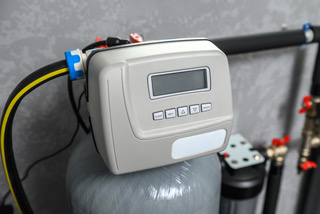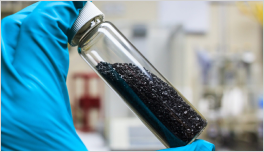Pump & Valves
These essential components play a crucial role in ensuring efficient and reliable water supply, distribution, and treatment. 🌊💧
Types of Pumps:
- Centrifugal Pumps: Widely used for water distribution and supply. They rely on centrifugal force to move water.
- Positive-Displacement Pumps: Commonly used in water treatment plants for chemical metering and sludge pumping.
Applications
- Distribution Systems: Centrifugal pumps move water from treatment plants to distribution networks.
- Chemical Dosing: Positive-displacement pumps precisely inject chemicals (e.g., coagulants, disinfectants) into the water.
- Sludge Handling: Pumps transport sludge for further treatment or disposal.
Advantages
- Efficiency: Well-designed pumps minimize energy consumption.
- Reliability: Properly maintained pumps ensure continuous water flow.
- Cost Savings: Efficient pumps reduce operational expenses.
Types of Valves
- Gate Valves: Used for on/off control in large pipelines.
- Butterfly Valves: Ideal for flow regulation.
- Check Valves: Prevent backflow.
- Control Valves: Adjust flow rates based on demand.
Applications
- Flow Control: Valves regulate water flow through treatment processes.
- Pressure Control: Maintain optimal pressure in pipelines.
- Isolation: Isolate sections for maintenance or emergencies.
Advantages
- Precision: Valves allow fine-tuning of flow rates.
- Safety: Check valves prevent reverse flow.
- Durability: Well-made valves withstand harsh conditions.
Remember, pumps and valves are the unsung heroes behind our clean water supply! 🚰 If you want to explore more or chat about anything else, feel free to ask! 😊👍




